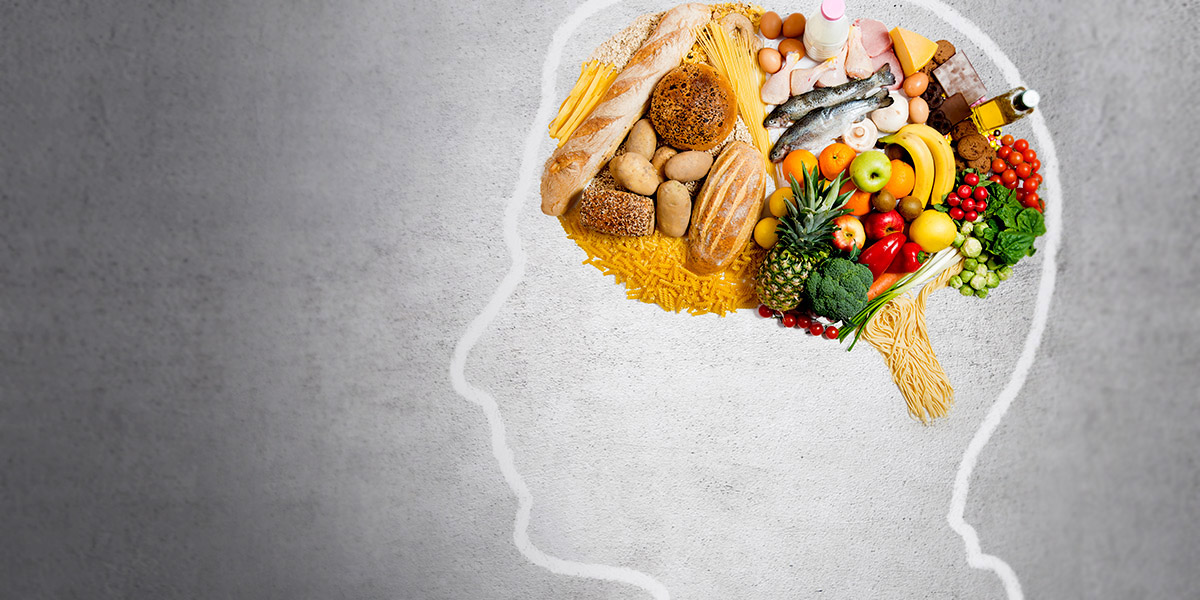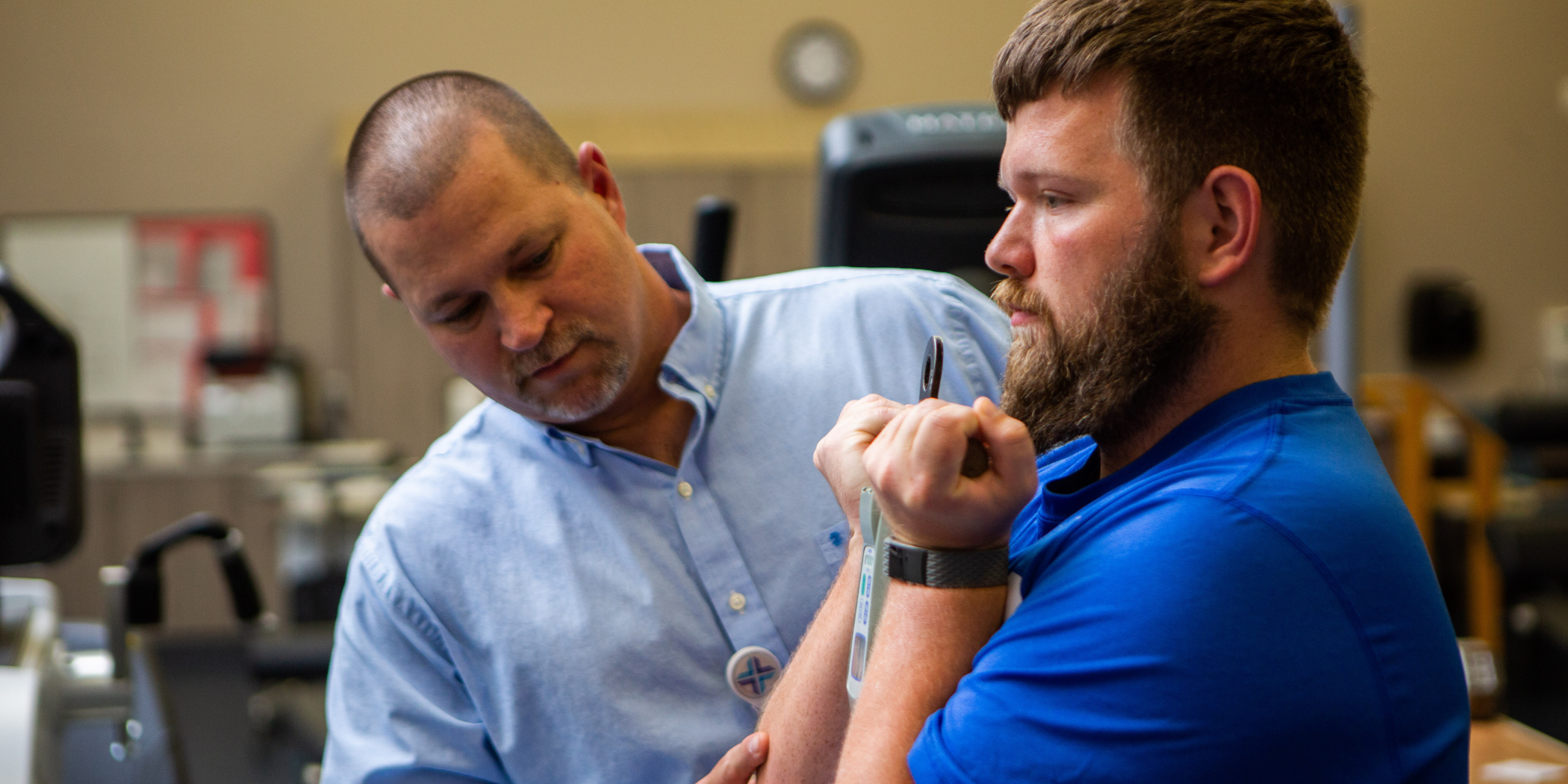
True or False: What you need to know about diabetes
Between our smart phones, social media and news alerts, information is flying at us all day long. In that swirl of news are headlines touting supposed breakthroughs in health and wellness: eating only carrots will make you lose weight, jogging will make menopause easier, stop eating white bread.
It's hard to decipher what is true and what is bogus. Diabetes is one condition where we constantly hear wrong information. Let's help set the record straight:
Myth: I will get diabetes if I eat too much sugar.
Fact: This is not a simple statement. While type 2 diabetes is caused by a combination of your genetics and lifestyle choices, type 1 diabetes is only caused by genetics.
Like with most illness, obesity is a contributing factor and increases the risk for a type 2 diabetes diagnosis.
The American Diabetes Association recommends that you avoid sugar-sweetened beverages to help prevent type 2 diabetes as sugary drinks are link to this illness. Sugar-sweetened beverages include beverages like:
- Regular soda
- Fruit drinks
- Energy drinks
- Sports drinks
- Sweet tea
- Flavored coffee
Myth: Diabetes isn't a serious disease.
Fact: Diabetes causes more deaths a year than breast cancer and AIDS combined, according to the American Diabetes Association. Diabetes can cause other complications, like increasing the risk of a heart attack and damage to your nerves and kidneys.
Myth: If I am overweight, I will be diagnosed with type 2 diabetes.
Fact: Obesity is a risk factor of developing type 2 diabetes, but family history, age and ethnicity also play a large role in the diagnosis. Some people diagnosed with type 2 diabetes are of a normal weight.
Myth: If I have diabetes, I can't eat any sweets or chocolate.
Fact: All diets are about balance. If a person is otherwise eating healthy and exercising, sweets or desserts can be eaten in moderation. While they aren't forbidden, it is important to eat smaller portions and save them for special events.
Not sure if you have diabetes? Some of the most common symptoms of diabetes include:
- Blurred vision
- Changes in weight
- Frequent urination
- Increased hunger
- Nausea and vomiting
- Increased thirst
- Irritability
- Numbness (lack of feeling) in hands or feet
- Skin infections and/or dry, itchy skin
- Slow healing of cuts and scratches
- Weakness and fatigue
Myth: Like sweets, I shouldn't eat starchy foods like bread, potatoes and pasta if I have diabetes.
Fact: Like with sweets, starches can be a part of any diet, but moderation and portion size are important. The American Diabetes Society suggests 45 to 60 grams of carbohydrates per meal. Talk with your registered dietician about your meal plan.
Myth: People with diabetes should eat special diabetic foods.
Fact: A healthy diet for someone with diabetes is the same healthy diet as anyone else: low in saturated and trans fat, moderate sugar and salt, lean proteins, low starches, whole grains, and fruits and vegetables.
Myth: You can catch diabetes from someone else.
Fact: No. You can't catch diabetes.
To learn more about diabetes, join Spartanburg Regional Healthcare System:
Overcome Obesity & Diabetes Risk Prevention
Tuesday, Nov. 15, 6 – 7:30 p.m.
Spartanburg Medical Center, Heart Center Auditorium
Mayte Sandrin, MD will discuss type 2 diabetes prevention and share causes of obesity, consequences and risks. Register online for this free event at SpartanburgRegional.com/Events











